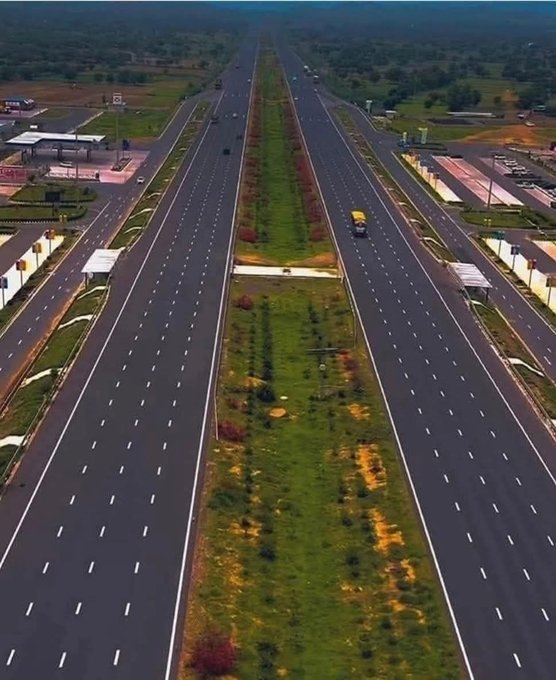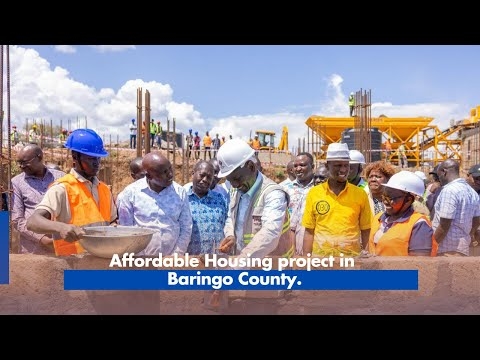Bizarre tidings continue to trail the processing of the Referendum Bill 2021, better known as the Building Bridges Initiative Bill. This is not new. The BBI itself has been mired in opaqueness and controversy since it was consummated and unveiled via a handshake on the steps of Harambee House on March 9, 2018.
Then the handshake was sold by President Uhuru Kenyatta and ODM leader Raila Odinga as an armistice between their two political families that have been feuding since Independence with antecedent collateral damage to the growth of Kenya’s political maturity and stability.
The two scions of Independence leaders Jomo Kenyatta and Jaramogi Oginga Odinga vowed to initialise the newfound amity through a nine-point agenda, later christened BBI.
How a personal initiative by two individuals morphed into a government project and later into a referendum bill is the stuff of high-octane political intrigues. It’s such hot stuff that it binds Uhuru and Raila to a secret that each holds as ransom against the other.
Save for the emergence of the first BBI report, everything about the process – like the symbolic handshake itself – remained secretive, with Kenyans invited to peep in to give it a veneer of public legitimacy.
That’s how sceptics viewed made-to-fit public 'reggae' rallies and both Bomas 1 and 2 'conferences'. The secrecy that had driven Uhuru and Raila to keep key allies off negotiations and their hideout at Harambee House would bedevil the BBI process forever. It would lead to a BBI self-destruct mode.
As the joint legal committees of the Senate and National Assembly perused the Bill, they were accosted by an unlikely fact — different versions of the Bill were sent to different county assemblies. Thirty-two assemblies debated different versions while 13 had the 'correct’ version. That’s what the pro-BBI contingents in and out of Parliament would have us believe before the whole mess erupted into a lethal blame game.
Yet the jeopardy is that if indeed different versions exist, then the progression of the Bill into a referendum is fatally compromised. It means Kenyans who signed onto the Bill might have signed onto different versions. If that be so, then the same impropriety was exported to the county assemblies and to Parliament. Hasn’t the Bill been rendered a nullity? Unfortunately, not. Parliament is stymied as it can only make noise. Pass it or not, the Bill goes for a referendum.
The interception should have been the county assemblies. But they did a shoddy job of it, not noticing the misfortunes and rejecting the Bill. The assemblies should be indicted for pretending they held public participation. The anomalies would have been noticed and that would have been the neat way of returning the Bill to sender. Now that they did not, we are in a quagmire; a frustrated public may just give the BBI a backhanded compliment by voting against the Bill.
Earlier, BBI ran into headwinds with Raila’s honchos wildly making all manner of unsubstantiated allegations of sabotage of the BBI process by officers at the Office of the President and the sidelining of Raila. The irony of an initiative ostensibly designed to usher broad inclusivity being an exclusive for the duo appeared lost to them.
Meanwhile, the new game in town over the varying versions of the Bill is to admit that indeed there existed different versions, but run smoke-and-mirrors on who the culprit is and which is the true version. The Raila battalion went for their usual blame toy, the IEBC.
The IEBC exonerated itself by providing incontrovertible evidence that it did not have soft copies to print, but instead got hard copies from the referendum Bill promoters. The now-defunct BBI secretariat and task force, however, has not offered a rebuttal or any explanation. They all went into mute mode as the process ran deep into violent verbal controversy.
Yet there are glaring questions that beg answers: could the Bill promoters have collected signatures under false pretence using varied copies? That would be a matter of integrity of BBI. But the question begs another: what is the IEBC’s prefecture role in confirming signatures to a bill? Does it require the IEBC to first ensure that the bill is secure in both grammar and content?
It’s an open secret that the BBI Bill went through various levels of 'editorial' perfection before it was subjected to public signatures. At Bomas BBI II, political party leaders and other notables made impassioned pleas for changes they sought in the draft bill. Some were entertained.
It isn’t beyond credulity to imagine that the 'editorials' produced this quandary, especially when several 'political editors' were working on different copies under separate instructions. Even Raila is a victim as he would at Bomas II promote clauses that had since been deleted.
Indeed, Raila’s lawyer Steve Mwangi appears tongue-tied, having been caught flat-footed in the imbroglio. As a professional, there’s doubt that he could have abetted the mischief. But politics is no respecter of decency.
Still, Mwangi should explain why his boss went on a spree promising extra constituencies to counties post-county assemblies vetting of the Bill. How exactly were the new entities going to be accommodated in a clause that had already ringfenced 70 additional constituencies? That could be an eye-opener to competing editorials to the Bill.
To cry sabotage like everyone in the BBI chain is doing is too late. The horse already bolted. Parliament will pass the Bill as it is. It’s in the report debate that could spell danger when the Bill is put to a vote through a referendum. A hoodwinked public can be unforgiving.
But the big opportunity is for Parliament to lend procedural clarity to the roles of itself, the IEBC and county assemblies in processing popular initiative constitutional amendments.
(Edited by V. Graham)












